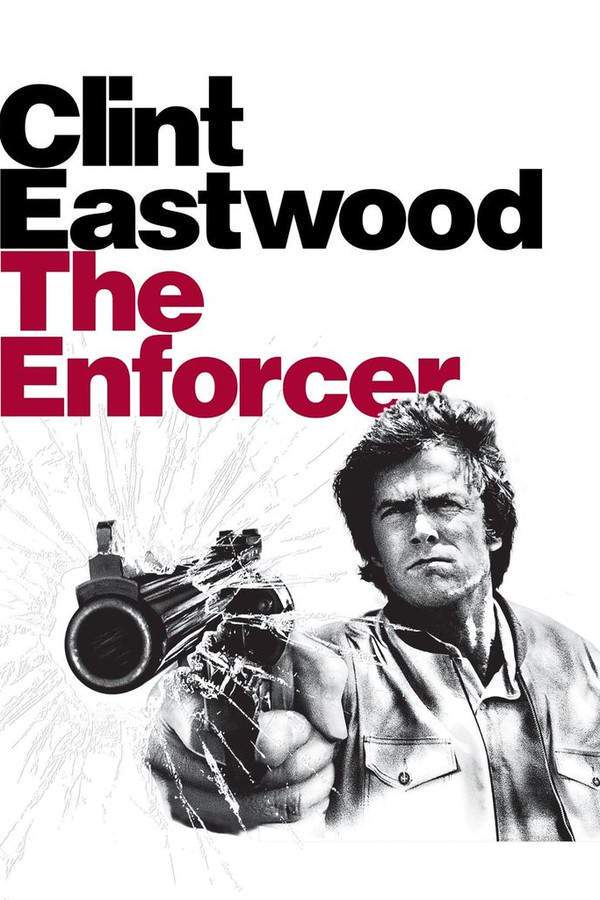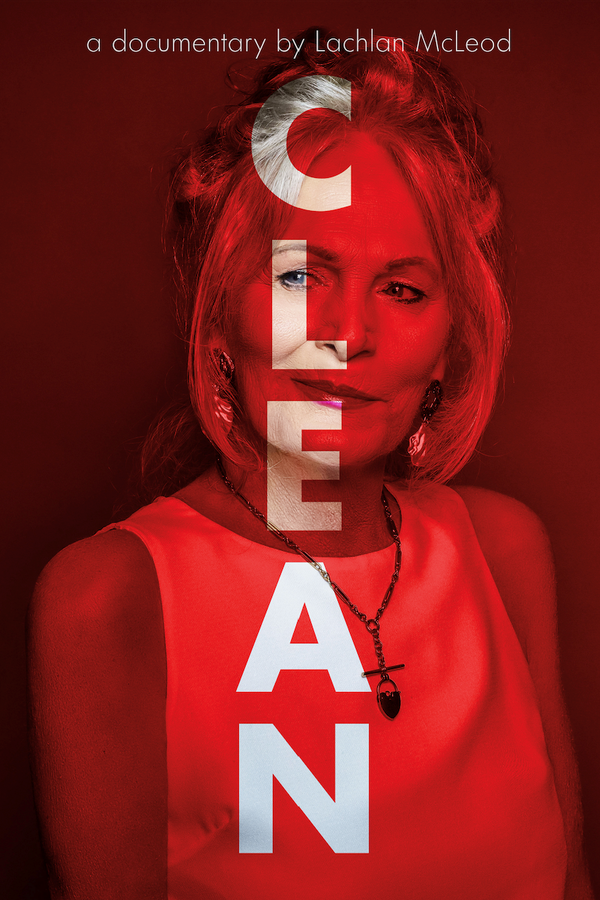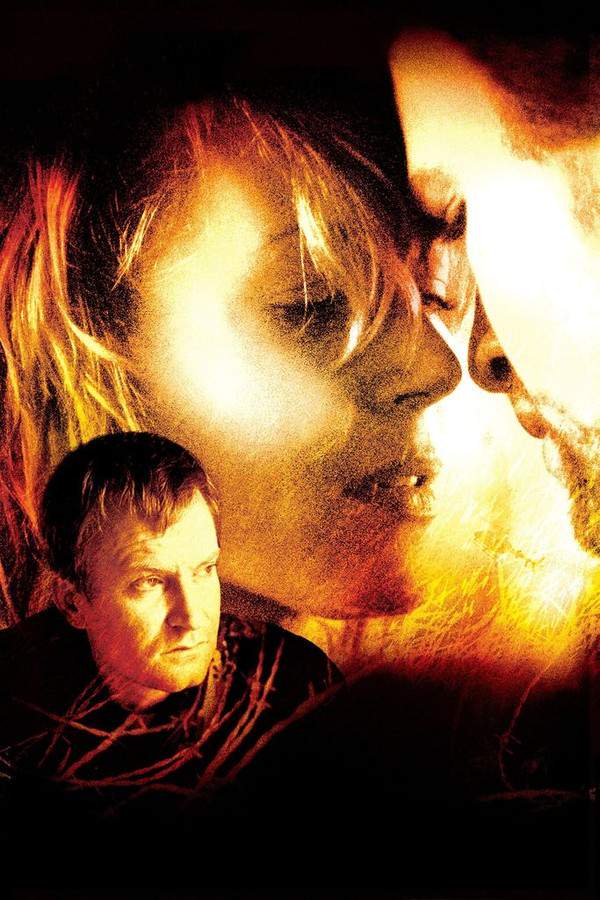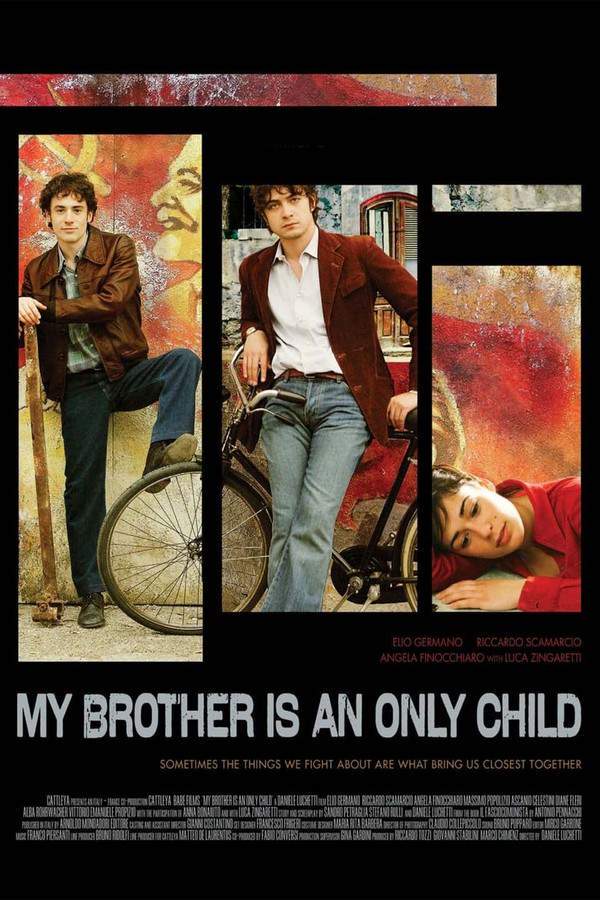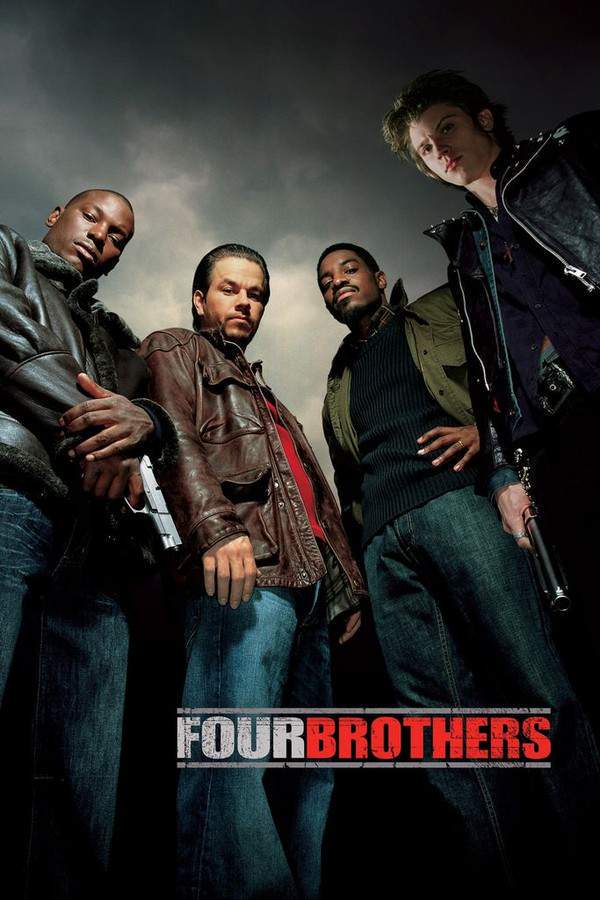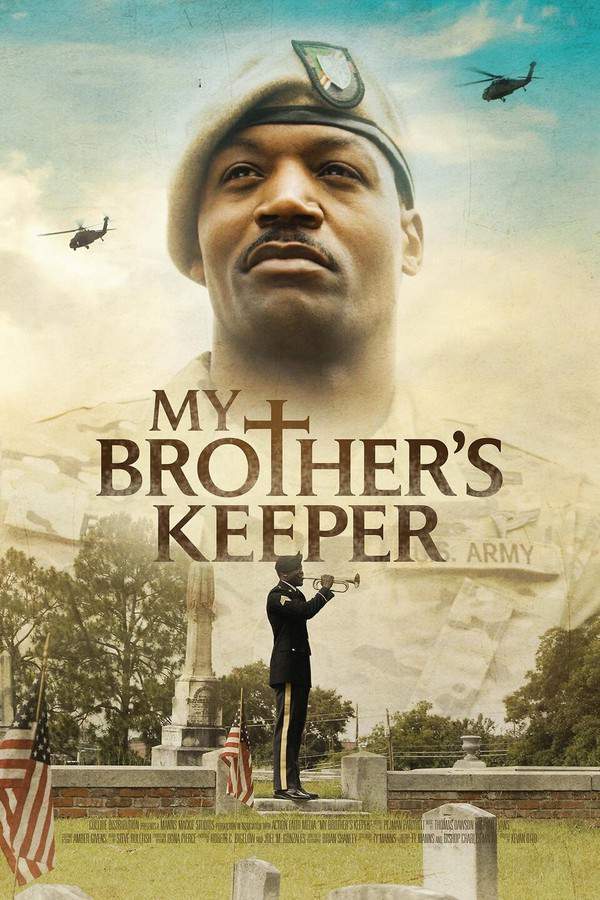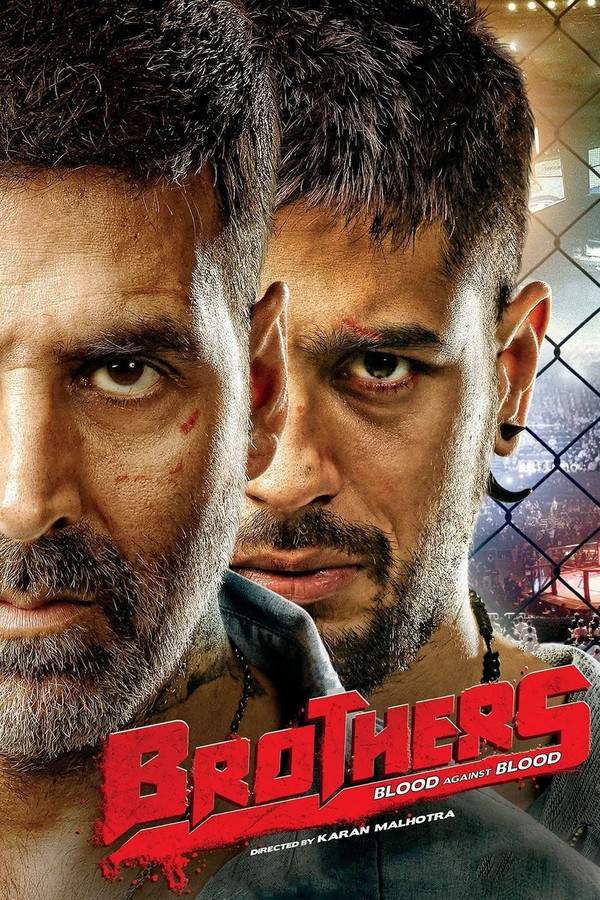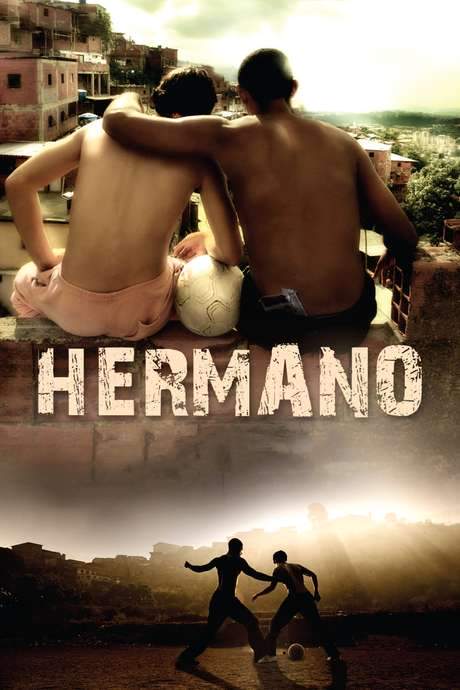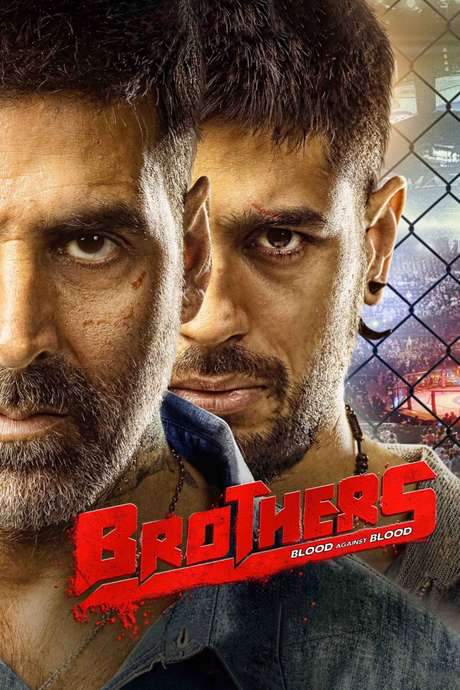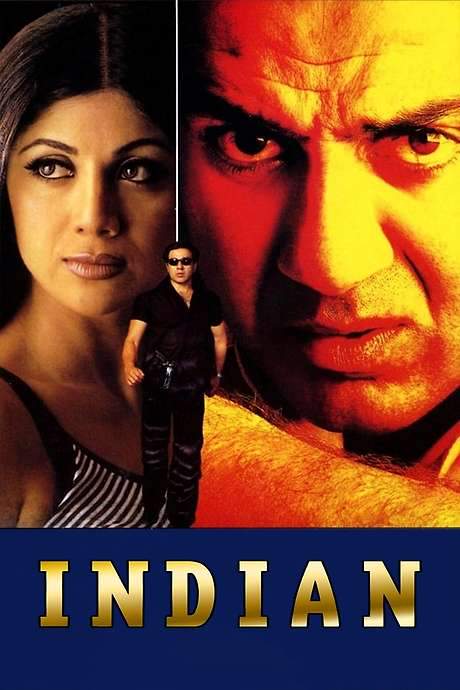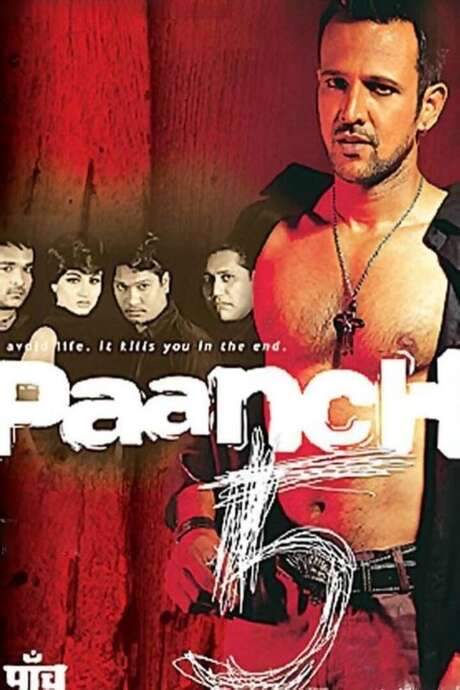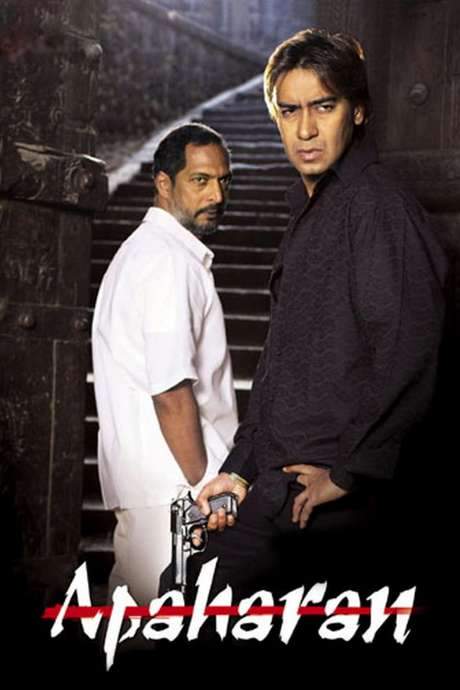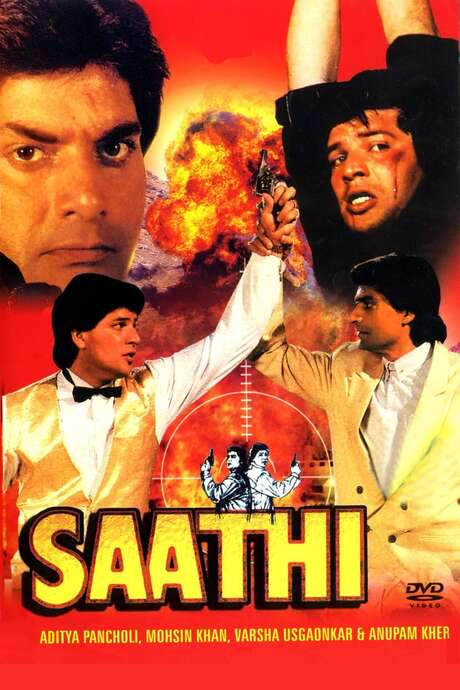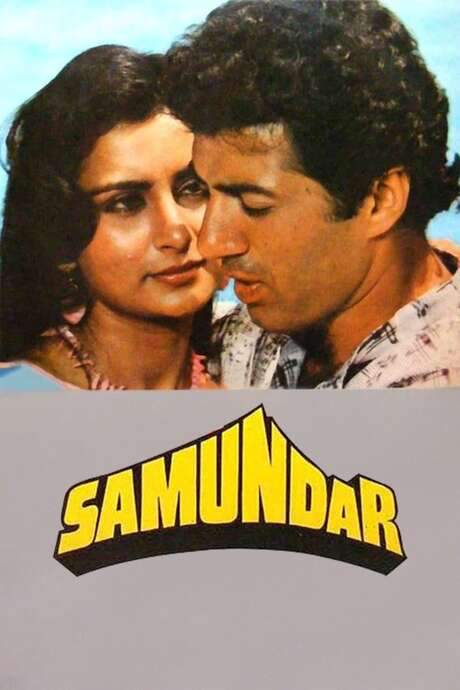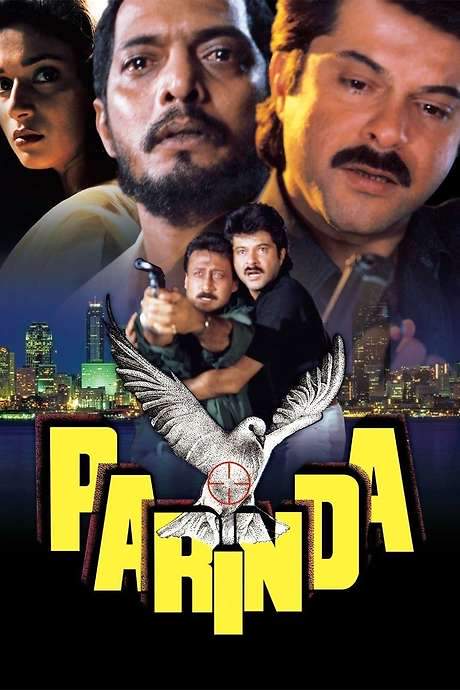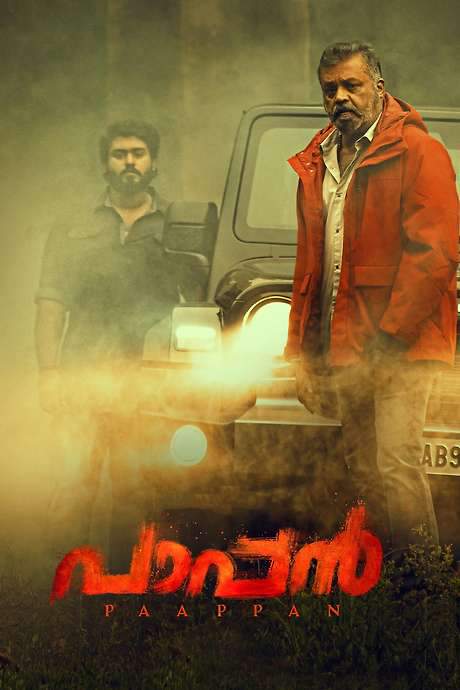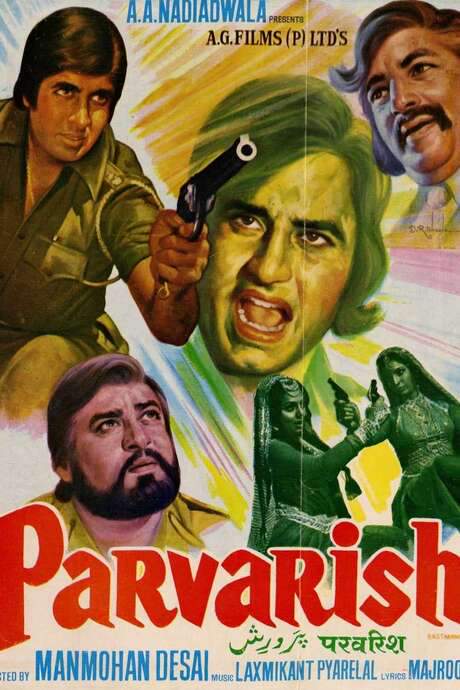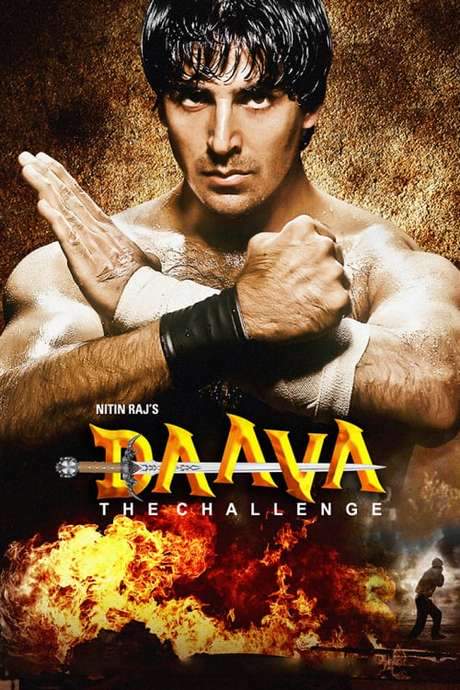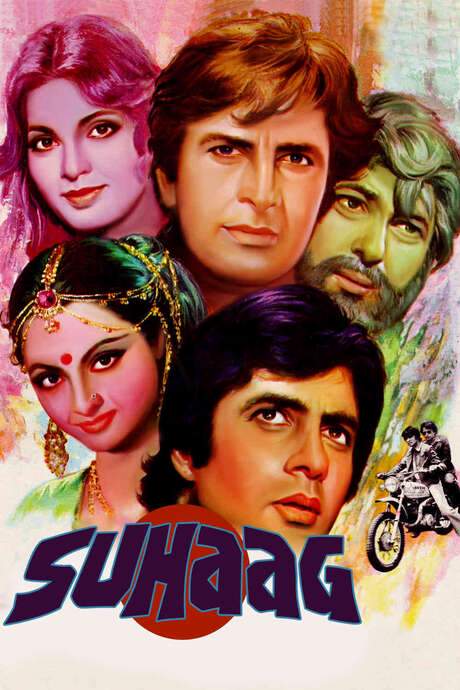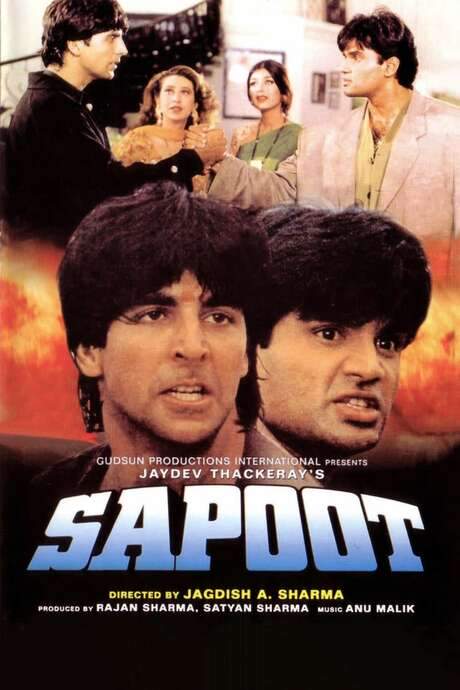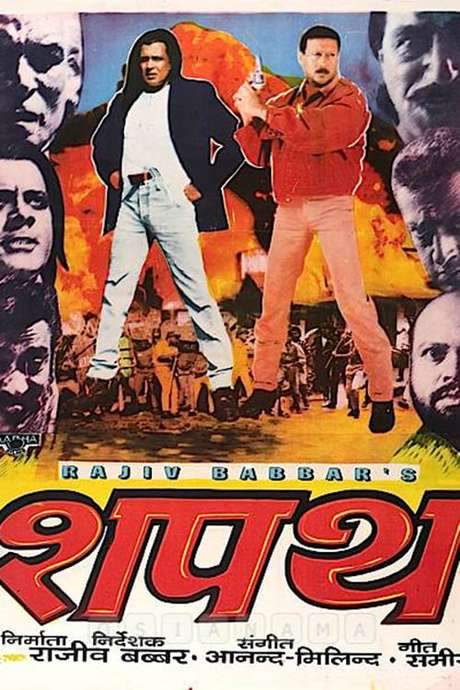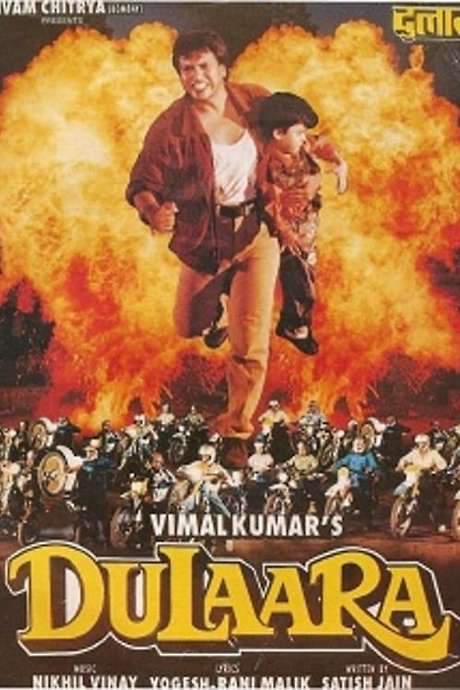
Paap Ki Duniya
Year: 1988
Runtime: 145 mins
Language: Hindi
Director: Shibu Mitra
Raised by gangster Pasha as his son, Suraj learns theft, breaking and entering, and hit‑man work. After serving a prison term, he returns to crime but falls for Aarti. She demands he quit, but her brother, Inspector Vijay, hunts him, while Pasha orders his death. Suraj must choose between love and loyalty.
Warning: spoilers below!
Haven’t seen Paap Ki Duniya yet? This summary contains major spoilers. Bookmark the page, watch the movie, and come back for the full breakdown. If you're ready, scroll on and relive the story!
Paap Ki Duniya (1988) – Full Plot Summary & Ending Explained
Read the complete plot breakdown of Paap Ki Duniya (1988), including all key story events, major twists, and the ending explained in detail. Discover what really happened—and what it all means.
Shamsher Singh, a principled police officer, faces a devastating blow when he learns that his sister has fallen for and married Pasha, a ruthless and infamous criminal he had recently brought to justice. The newlyweds’ happiness is short-lived; his sister returns bruised and dying, cradling her newborn son, and she reveals a grim truth: Pasha only used her to manipulate her brother. Before Shamsher can process the tragedy, she dies in his arms, entrusting him with a child who is now caught between two worlds.
In a cruel turn of fate, Pasha kidnaps Shamsher’s own son, Ashok, and renames him Suraj, plunging him into a life of crime. Under the shadow of his father’s influence, Suraj grows into a charismatic and exceptionally skilled thief, a master of theft and disguise who carries out Pasha’s orders without question. He becomes a figure of street-smart cunning, living in a world where every job is a carefully crafted performance and every lock has a combination he can outwit. The lines between right and wrong blur for him, and the city becomes a stage where he thrives on audacious heists and flawless execution, all while bearing the weight of a conscience kept largely at bay.
Ironically, while Suraj is raised in the heart of criminal enterprise, Shamsher embraces a remarkable role reversal by raising Pasha’s biological son—naming him Vijay—and guiding him toward a life in law enforcement. The juxtaposition is stark: a father who teaches one son how to pull off flawless heists and a policeman who trains the other son to uphold the law. This dual upbringing plants the seeds of a deep-seated rivalry that will define the brothers’ futures. The city’s smoky alleys and gleaming precincts become the two halves of a fractured family, united only by blood but divided by loyalty, duty, and a lingering desire for redemption.
Suraj’s path takes a dramatic turn when he encounters Aarti—a bright, compassionate girl who is drawn to his magnetic personality. Her faith in him shines through as she learns about his life on the wrong side of the law, and she is candid about her conditions: she will not stay with him unless he abandons crime for a straight life. Her influence plants a powerful seed of change in Suraj, and, fueled by love, he makes a life-altering decision to walk away from his criminal past. He begins to work honestly, seeking a livelihood that aligns with the better part of himself. Yet the moment he attempts to shed the old skin, the past clings tight, and the danger of his former life resurges with a vengeance.
The shifts in destiny ripple outward as Vijay, the son raised to uphold the law, becomes a relentless force pursuing his supposed criminal counterpart. The pursuit is complicated by unspoken truths: he is unwittingly chasing a cousin, a man who shares his blood yet walks a path that should be impossible to reconcile with family ties. The hunt for Suraj becomes an intricate dance of pursuit and evasion, where each encounter reveals layers of misjudgment, hidden loyalties, and the fragility of family bonds. The town’s sounds—sirens, street vendors, distant motorcycles—serve as a constant reminder that justice and crime can be two sides of the same coin, and that the line between them is thinner than anyone wants to admit.
As their stories unfold, the brothers’ identities remain central to both their choices and their fates. Suraj, whose every decision is colored by the thrill of risk and a longing for a life defined by virtue rather than vice, must navigate the moral fog created by his past actions. Vijay, who embodies discipline and duty, finds himself torn between the law’s demand for accountability and a personal longing for reconciliation with a family he never fully understood. The friction between love, duty, and loyalty drives the narrative toward a tense crescendo, where the truth about Suraj’s lineage and his true loyalties could either mend what has been broken or shatter it beyond repair.
The climax weaves together drama, irony, and high-stakes confrontation. Suraj must confront Pasha—the man who raised him in crime—and do what it takes to shield his own family from the depths of his former world. The confrontation is intensified by the presence of Vijay, whose pursuit of justice collides with the surprising reality of their shared heritage. In a tale where intentions blur and hearts ache, the ultimate test is not just about defeating a notorious criminal but about choosing where true loyalties lie: with blood, with love, or with a higher sense of justice that demands sacrifices from everyone involved.
Throughout, the story is marked by a rich interplay between two generations shaped by opposing paths. Suraj’s rapid ascent in a life of heists and disguises contrasts with Vijay’s careful, principled trajectory within the police force. The narrative never shies away from the emotional weight of these choices—the heartbreak of Aarti’s wish for reform, the pain of Shamsher’s conflicting responsibilities as a father to two sons who embody such different legacies, and the unsettling truth that family history can both condemn and redeem. The film ultimately asks whether redemption is possible for a man who was raised amid crime, and whether a family torn by crime can ever be truly united again.
In the end, the story resolves not with a simple victory of good over evil, but with a complex accounting of duty, love, and forgiveness. Suraj’s fight to defeat Pasha while protecting his family becomes a testament to the power of personal choice to alter one’s destiny, even when the past refuses to stay buried. It is a narrative of resilience, where a man who began in the shadow of crime discovers that the light of love and the pull of family can chart a course toward a future where integrity, rather than sin, defines who he truly is.
Last Updated: October 09, 2025 at 14:35
Explore Movie Threads
Discover curated groups of movies connected by mood, themes, and story style. Browse collections built around emotion, atmosphere, and narrative focus to easily find films that match what you feel like watching right now.
Criminal redemption stories like Paap Ki Duniya
A man raised in crime fights for a second chance and a new identity.If you liked Paap Ki Duniya, you'll find more movies here about characters struggling to escape their criminal upbringing. These films explore themes of identity crisis, love as a catalyst for change, and the high-stakes battle for a second chance against a backdrop of violence and betrayal.
Narrative Summary
These narratives typically follow a protagonist deeply embedded in a criminal world, often from childhood. A catalyst—often love or a profound personal loss—forces them to question their path. The plot revolves around their desperate struggle to break free, which is complicated by the antagonistic force of their former life (a crime family, a mentor) and often involves a pursuer from the lawful world, creating a tense, dual-threat scenario.
Why These Movies?
Movies in this thread are grouped by their shared focus on the arduous path to redemption for a protagonist with a violent past. They deliver a consistent mood of high-stakes tension, moral conflict, and emotional turmoil, culminating in a resolution that is often bittersweet, acknowledging the price paid for change.
Brother rivalry crime dramas like Paap Ki Duniya
A deep familial bond is shattered by conflicting loyalties and duty.Explore more movies like Paap Ki Duniya where the central conflict pits brother against brother. These films feature intense emotional weight, police corruption, and a tragic exploration of how family and duty collide in a world of crime and justice.
Narrative Summary
The narrative pattern involves two brothers (or brother-like figures) who embody opposing forces—often law vs. crime, order vs. chaos. Their relationship is the story's emotional core, with the plot forcing them into direct opposition. The climax typically involves a painful confrontation where familial love battles ideological duty, resulting in significant emotional fallout and often a tragic or bittersweet resolution.
Why These Movies?
These films are grouped by their potent emotional engine: the brother-versus-brother dynamic. This creates a unique blend of personal tragedy within a larger genre plot (like a crime saga), ensuring a heavy emotional weight and a consistently tense, dramatic mood where every action has deep personal consequences.
Unlock the Full Story of Paap Ki Duniya
Don't stop at just watching — explore Paap Ki Duniya in full detail. From the complete plot summary and scene-by-scene timeline to character breakdowns, thematic analysis, and a deep dive into the ending — every page helps you truly understand what Paap Ki Duniya is all about. Plus, discover what's next after the movie.
Paap Ki Duniya Timeline
Track the full timeline of Paap Ki Duniya with every major event arranged chronologically. Perfect for decoding non-linear storytelling, flashbacks, or parallel narratives with a clear scene-by-scene breakdown.

Characters, Settings & Themes in Paap Ki Duniya
Discover the characters, locations, and core themes that shape Paap Ki Duniya. Get insights into symbolic elements, setting significance, and deeper narrative meaning — ideal for thematic analysis and movie breakdowns.

Paap Ki Duniya Spoiler-Free Summary
Get a quick, spoiler-free overview of Paap Ki Duniya that covers the main plot points and key details without revealing any major twists or spoilers. Perfect for those who want to know what to expect before diving in.

More About Paap Ki Duniya
Visit What's After the Movie to explore more about Paap Ki Duniya: box office results, cast and crew info, production details, post-credit scenes, and external links — all in one place for movie fans and researchers.

Similar Movies to Paap Ki Duniya
Discover movies like Paap Ki Duniya that share similar genres, themes, and storytelling elements. Whether you’re drawn to the atmosphere, character arcs, or plot structure, these curated recommendations will help you explore more films you’ll love.
Explore More About Movie Paap Ki Duniya
Paap Ki Duniya (1988) Scene-by-Scene Movie Timeline
Paap Ki Duniya (1988) Movie Characters, Themes & Settings
Paap Ki Duniya (1988) Spoiler-Free Summary & Key Flow
Movies Like Paap Ki Duniya – Similar Titles You’ll Enjoy
Indian (2001) Full Movie Breakdown
Paanch (2003) Spoiler-Packed Plot Recap
Apaharan (2005) Full Summary & Key Details
Saathi (1991) Plot Summary & Ending Explained
Patthar Ke Phool (1991) Detailed Story Recap
Samundar (1986) Plot Summary & Ending Explained
Parinda (1989) Movie Recap & Themes
Paappan (2022) Detailed Story Recap
Parvarish (1977) Spoiler-Packed Plot Recap
Apna Desh (1972) Full Summary & Key Details
Daava (1997) Complete Plot Breakdown
Suhaag (1979) Complete Plot Breakdown
Sapoot (1996) Movie Recap & Themes
Shapath (1997) Plot Summary & Ending Explained
Dulaara (1994) Complete Plot Breakdown




